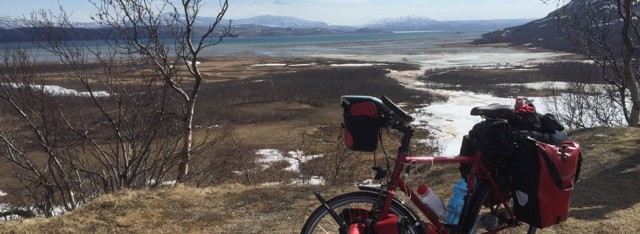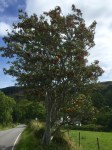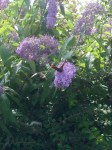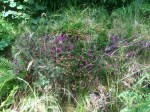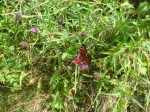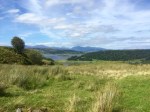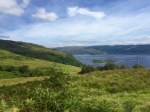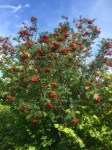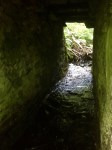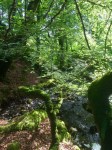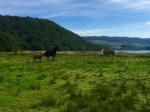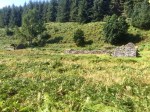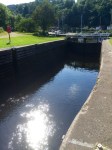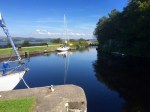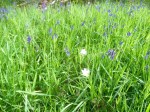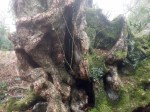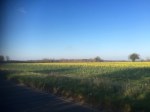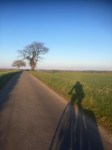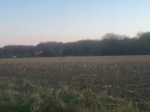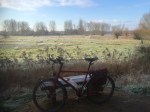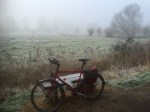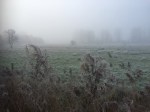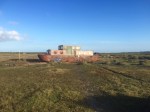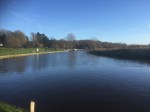Last week everything was getting a bit hectic. Work was busy as always, I had a stack of admin to do, and I’d been trying to sort out house buying/selling stuff as well as visiting my brother and family, then visiting him again to collect my laptop which I left behind; what a plonker! Thankfully he only lives just over an hour away.
With stress levels mounting the short film below by Alastair Humphries was brought to my attention, which came as a timely reminder of what’s important in life, and got me thinking about future adventures again. I’d highly recommend you take 5 minutes to watch it.
I love the quote from John Muir…
‘A lifetime is so little a time, that we die before we get ready to live’
I bet this is a concern many share, and we should do our utmost to ensure we don’t delay living, instead of just plodding along hoping something will change, for a lottery win, or that fame and fortune will randomly find you if fame and fortune are what you really want. Definitely don’t wait for retirement to spread your wings. Who knows what the future holds and how long you have to enjoy it; the world doesn’t feel like a very stable place at the moment.
So reminding myself of the above, I think it’s time to start planning some fun stuff in the outdoors for next year. I’m not thinking of trips taking several months again, instead it’ll be shorter excursions, and not just by bike this time. Current ideas include hiking/biking in Scotland, one of my favourite places, climbing in France, and perhaps canoeing in Canada. I’d better get saving however not all of these need be expensive. I also really need to commit to doing some writing, something I always say I’m going to do but rarely prioritise, finding other things to occupy my time instead. On top of that I’d like to commit time to environmental and conservation causes and projects, perhaps with some volunteer work, or fundraising for charities involved. Looks like 2017 could be busy then.
On the environment front a colleague at work asked me today why I don’t use my car to get to work when it’s cold and wet, instead of cycling all the time. Aside from the fitness side of things and constantly trying to lose weight, my more immediate response was as follows.
‘If your house catches fire, do you throw more fuel on it to make it burn more quickly and destructively, or do you go and fetch a hose pipe and call the fire brigade?’
Every time I get in my car, and even though it has very low emissions, I’m conscious of the fossil fuel it’s burning and how the emissions from this are contributing to climate change. 2016 is another record breaker, being the hottest year on record, and CO2 levels have permanently gone over 400 ppm now. The planet seems to be on course to continue warming, with all the disastrous side effects such as ice melt, sea levels rising, warming oceans leading to coral bleaching and anaerobic dead zones, as well as habitat destruction and species decline on a massive scale. I could go on with examples but it gets a little depressing, especially with a new president due in the USA who doesn’t believe in climate change and who is going to encourage more coal-burning. I think the Paris Climate change agreement to limit temperatures to a 2’C rise is broken.
Perhaps that’s the problem. Of course you wouldn’t throw more fuel onto your house if it’s on fire, however most people just can’t see that the same thing is happening to the planet.
The human race seems determined to ignore all the warning signs, and continue blindly on with its destructive lifestyle. Endless consumerism of goods you don’t really need and often pointless technology, is driven by large corporations driven only by profits and greed. People are often completely unwilling to compromise on their comfortable lifestyles to try to limit their impact on the environment. Having the latest gadget, upgrade, a new car, or a wardrobe full of new clothes is still a necessary status symbol for many people, even though we’re using up the planet’s resources at an unprecedented rate and destroying countless habitats to do so.
It really is completely messed up and illogical, and I think I’m beginning to agree with Sir David Attenborough’s comments that humanity are a plague on Earth and population growth needs to be limited and reversed; unfortunately that still seems to be a bit of a taboo subject. Any arguments around the planet not being overpopulated by humans as there’s still loads of space, of which I’ve seen a few recently, are seriously flawed. Yes there’s enough space to make lots more farmland, but at the expense of more critical ecosystems, and with more people will come more demand for goods that will strip the our remaining resources even further, at the expense of the other animals we share this world with, and future generations.
Still, I like to think there’s still hope, with awareness growing of the issues we face, and more and more people taking notice and trying to change their lifestyles to limit an adverse impact on the environment, pollution, waste and energy use. Even the small things like stopping buying coffee in non reusable cups with plastic lids helps; just stop it! It may be too late to stop some of the changes such as sea level rises that will sink coastal cities, but hopefully other changes can be averted.
If we can persuade governments to invest more in renewable energy, expose large corporations with damaging practices, and change our habits things will get better. There are also projects such as ITER, which I just read about, which could provide a clean source of energy on a permanent basis, solving many of the world’s problems (see https://www.iter.org/). And perhaps more critically I firmly believe, along with hundreds of thousands of others, that we need to do more to keep fossil fuels in the ground, even if that means fuel prices may rise and life might get a little more difficult in the short-term. We’ve got to do something to force the political elite, as well as the very small percentage of the superrich who seem to control everything with only their own wellbeing and wealth in mind, to take notice.
Those were my musings for a Tuesday evening. By writing about this I hope to increase awareness and make people think, as it should (IMHO) be something we are all concerned about on a daily basis; after all, what is important in life? And if you didn’t like the environmental bit I hope the video was at least enjoyable.
